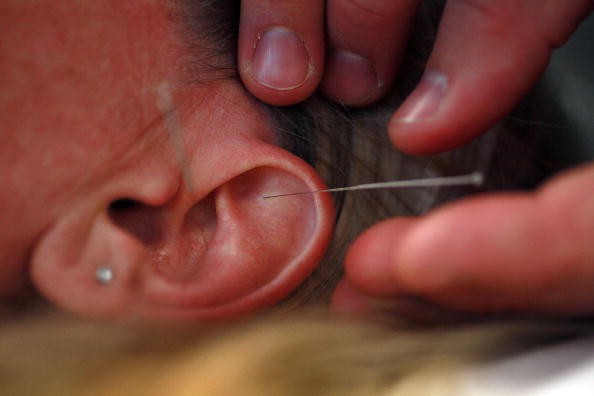
Acupuncture is a practice used in traditional Chinese medicine that involves stimulating specific points o the body, most often by inserting needles through the skin.
A number of studies in the late 2000s have found acupuncture's effectiveness in healing certain conditions such as low-back pain, neck pain, and headache, as listed below by the National Center for Complementary and Integrative Health (NCCIH).
For Low-Back Pain
- A 2012 analysis of data on participants in acupuncture studies looked at back and neck pain together and found that actual acupuncture was more helpful than either no acupuncture or simulatedacupuncture.
- A 2010 review by the Agency for Healthcare Research and Quality found that acupuncture relieved low-back pain immediately after treatment but not over longer periods oftime.
- A 2008systematic reviewof studies on acupuncture for low-back pain found strong evidence that combining acupuncture with usual care helps more than usual care alone. The same review also found strong evidence that there is no difference between the effects of actual and simulated acupuncture in people with low-backpain.
For Neck Pain
- A 2014 Australian clinical study involving 282 men and women showed that needle and laser acupuncture were modestly better at relieving knee pain from osteoarthritis than no treatment, but not better than simulated (sham) laser acupuncture. Participants received 8 to 12 actual and simulated acupuncture treatments over 12 weeks. These results are generally consistent with previous studies, which showed that acupuncture is consistently better than no treatment but not necessarily better than simulated acupuncture at relieving osteoarthritispain.
- A 2009 analysis found that actual acupuncture was more helpful for neck pain than simulated acupuncture, but the analysis was based on a small amount of evidence (only three studies with small studypopulations).
- A large German study with more than 14,000 participants evaluated adding acupuncture to usual care for neck pain. The researchers found that participants reported greater pain relief than those who didn't receive it; the researchers didn't test actual acupuncture against simulatedacupuncture.
For Headache
- A 2012 analysis of data on individual participants in acupuncture studies looked at migraine and tension headaches. The analysis showed that actual acupuncture was more effective than either no acupuncture or simulated acupuncture in reducing headache frequency orseverity.
- A 2009 systematic review of studies concluded that actual acupuncture, compared with simulated acupuncture or pain-relieving drugs, helped people with tension-type headaches. A 2008 systematic review of studies suggested that actual acupuncture has a very slight advantage over simulated acupuncture in reducing tension-type headache intensity and the number of headache days permonth.
From NCCAM.NIH.gov



